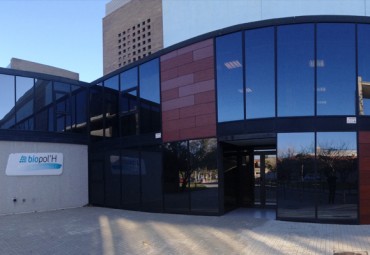Contributions of harmonic complexity, perceived synchronization accuracy and musical background in the enjoyment of groove music
Laboratory for Neural Plasticity and Motor Learning, Concordia University, Montreal, QC
Research on musical groove, which is defined as ‘a pleasurable drive towards body-movement in response to rhythmically entraining music’, has shown that rhythmic complexity is an important contributing factor in the pleasure derived from listening to groove music (Vuust & Witek, 2014, pg. 12). In particular, Witek and colleagues (2014) showed that there is an inverted U-shaped relationship between rhythmic complexity (i.e. syncopation), the desire to move and evoked pleasure. That is, the desire to move and the associated pleasure were highest for rhythms of intermediate complexity. However, rhythmic complexity is only one part of the story. In collaboration with Maria Witek and Peter Vuust at the Center for Music in the Brain, Aarhus University, three studies were implemented to investigate other factors that may contribute to our enjoyment of groove music as well as the neural basis of groove-related pleasure. Initial and expected results will be discussed as well as some possible next steps.
In a behavioural study, musicians and non-musicians were asked to tap isochronously to rhythms with varying degrees of syncopation then rate how accurately they thought they had tapped. Initial results indicated that for the musician group, the discrepancy between perceived and actual tapping accuracy was highest for rhythms of intermediate complexity. An online survey was used to investigate how the interaction between harmonic and rhythmic complexity contributes to the enjoyment of groove music. Ratings of pleasure and wanting to move were collected for musical patterns that varied in both harmonic and rhythmic complexity. Initial results showed that harmonic and rhythmic complexity interact to affect both the experienced pleasure and the desire to move. In another study, musicians and non-musicians rated a subset of the musical patterns used in the online study while undergoing fMRI and facial EMG, in two separate sessions. Although analysis of fMRI and EMG is still ongoing, the ratings show a similar pattern as that seen in the online survey.
 |

